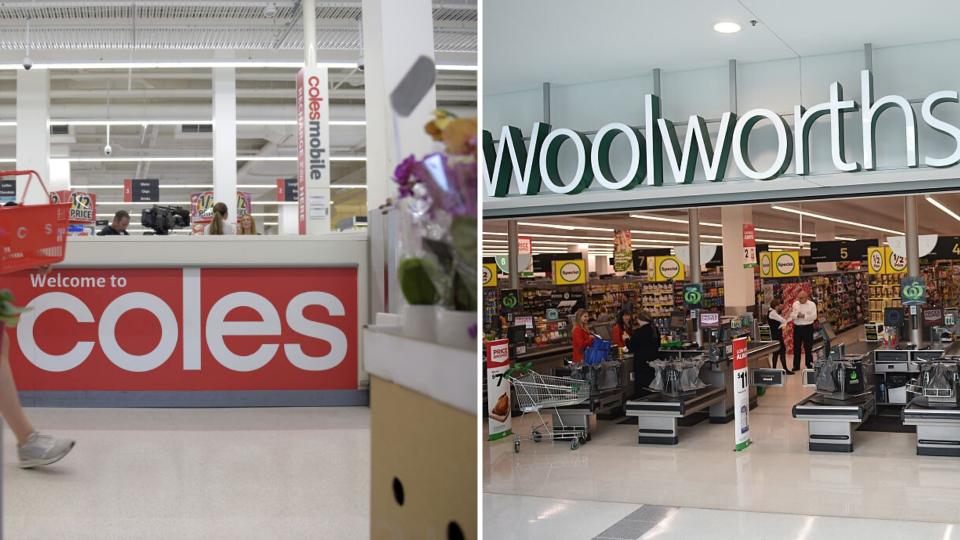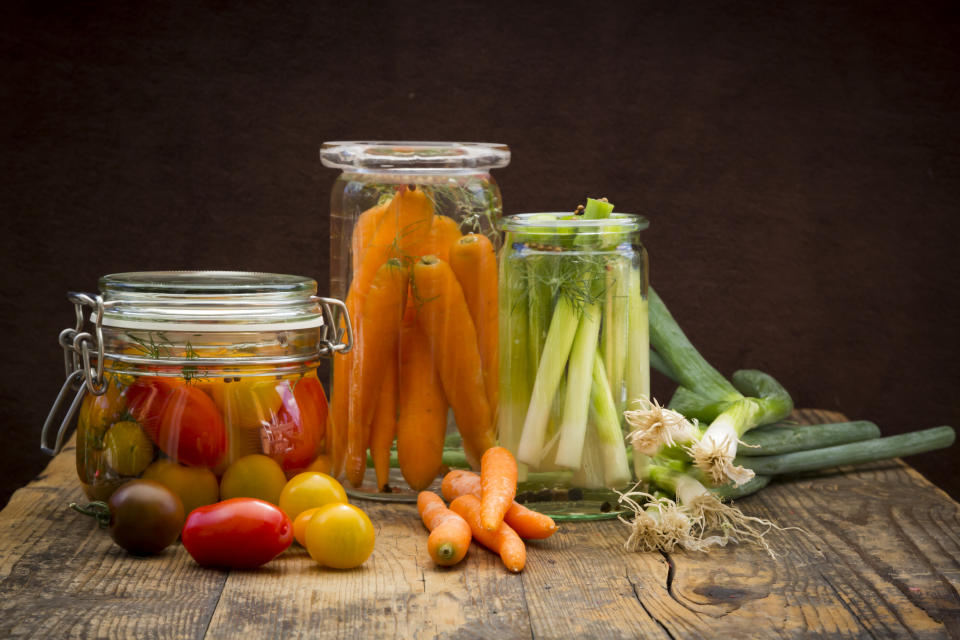How to get 13% off your weekly Coles or Woolworths shop

Australians waste 13 per cent of their weekly grocery shop, $1,026 per household per year.
We waste 298kg of food per person every year. That’s around 100 1L bottles of milk, another 200 packets of pasta, and eight watermelons.
Related story: Best Woolworths, Coles half-price specials this week
Related story: Australia going backwards on food waste
Related story: This CEO thinks we’ll all be eating maggots within years
That’s $10.1 billion gone in 2019 - an increase on 2018’s $8.9 billion food waste cost, the latest Rabobank food waste report has revealed.
In fact, globally one third of all food produced goes to waste, meaning that at the rate of the world’s population growth and eating habits, by 2050 we will need at least three planets to keep up.
It’s a fact that has Rabobank’s Glenn Wealands perplexed.
Speaking this week, Wealands noted Australians’ gloomy economic and environmental outlooks, describing it as a “perverse sense of depression”, before questioning why Australians weren’t picking up more frugal habits faced with a perceived impending doom.
“Why are we wasting more as we stress more?” he asked.
But Wealands was also hopeful, noting that shopping more thoughtfully will also see Aussies save more on their grocery bills.
“As individuals, each and every one of us can and must make a difference. When we waste food, the ramifications go far beyond just dollars, impacting our planet and precious resources,” Wealands said.
“We know from this research that more than three quarters of us care about reducing food waste and are annoyed by it. However, it is alarming that less than three out of 10 of us recognise the impact our food waste has on the environment.”
According to the research, young people are the worst for wasting food, with Australia’s baby boomers wasting the least: $498 a year.
By comparison, Australia’s youngest generation, generation Z or those born after 1995 scored the worst, wasting an average $1,446 on food a year - up $234 from last year.

Why are we wasting so much food (and money)?
The main culprits are over-buying, poor planning, a lack of understanding of how to prolong the life of food and changed plans.
Kids’ fussy eating habits are also part of the problem.
But Australians are also wasting increasing amounts of food due to the ease of food delivery services like UberEats, and even meal-planning platforms like HelloFresh, opting to order in rather than using food in the fridge before it goes to waste.
How do I waste less?

Planning is a crucial factor, food waste experts said.
Katy Barfield, the founder of online surplus-food marketplace Yume Food Australia chooses to meal-prep on the weekend.
“The more conscious we are about it and the more that message is reinforced, the more we’ll be able to change our habits at home,” Barfield said.
Wealands’ favourite rule is to live by FIFO - first in, first out. That means that whatever went into your fridge first should also be the first one to go at mealtime, to ensure that the oldest food is eaten first.
He puts the best produce at the back of his fridge, claiming that naturally promotes a reduction in household food waste.
Alex Elliott-Howery from sustainable cafe Cornersmith added that “finding joy in cooking” is key.
“Not everyone loves to cook but finding some joy at being back in the kitchen is the only way that we’re going to be able to reduce waste, and my biggest tip is to… learn how to use everything,” Elliott-Howery said.
“We’ve learnt in the last 30 years to cook like the French and to chop the tops and bottoms off things,” she said, arguing that Australians need to learn to incorporate the whole vegetable into their food - leaves and all.
That could be making a pesto from celery leaves, or pickling vegetables that aren’t as fresh as they could be.
“Get into the kitchen, be creative, and learn how to use everything.”
Make your money work with Yahoo Finance’s daily newsletter. Sign up here and stay on top of the latest money, news and tech news.

 Yahoo Finance
Yahoo Finance 
